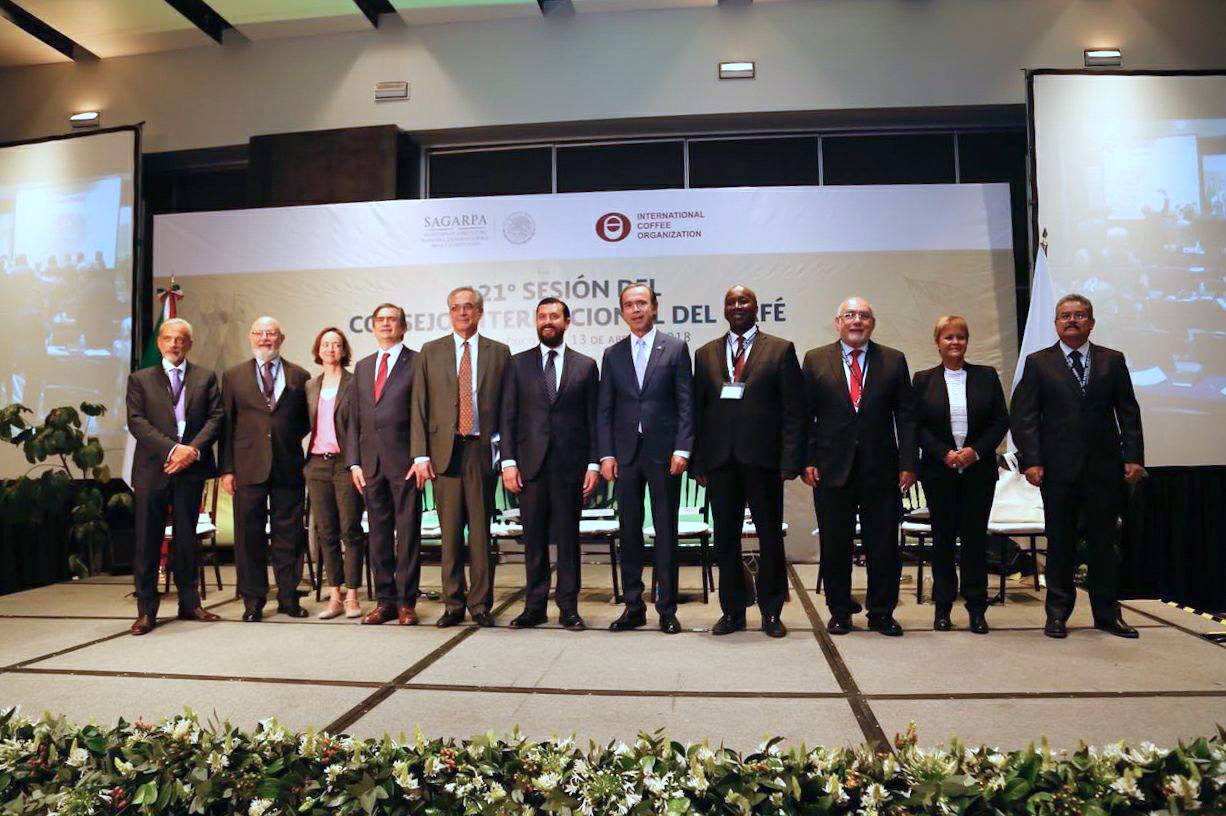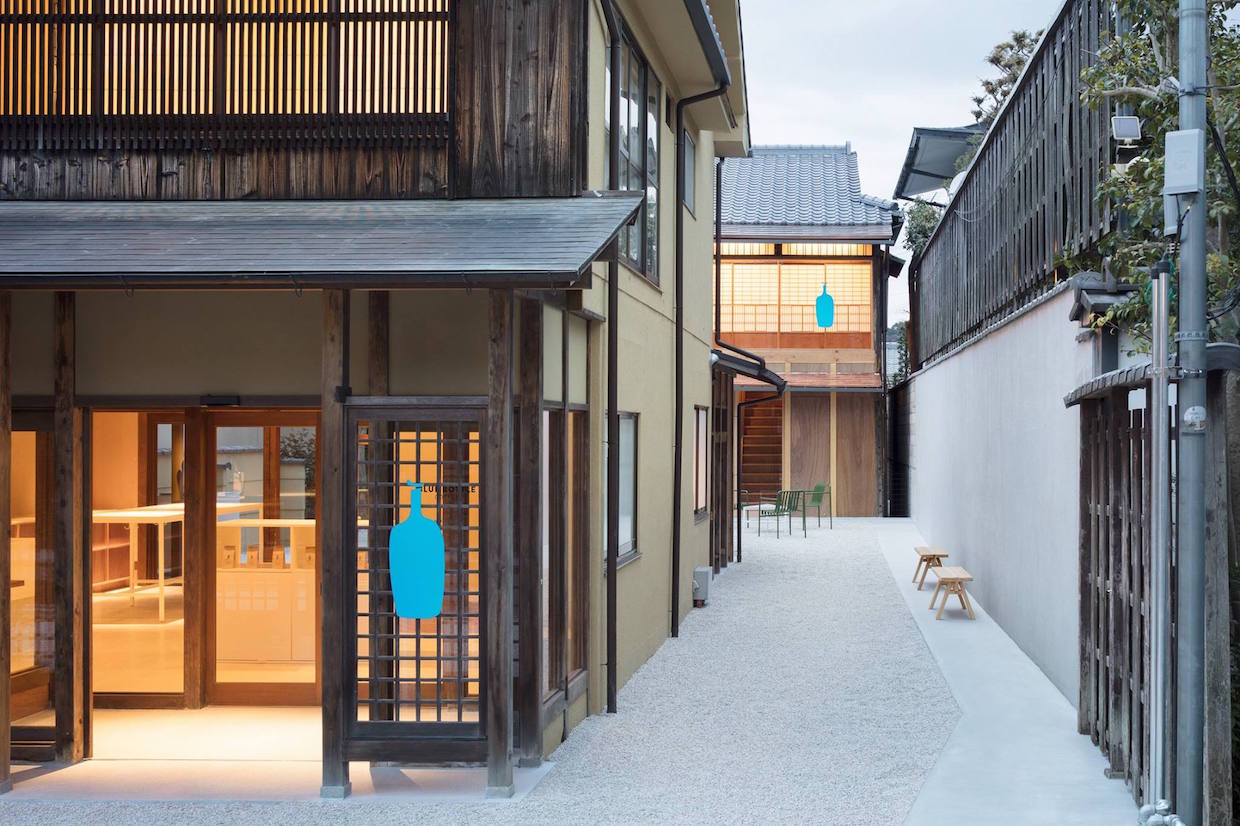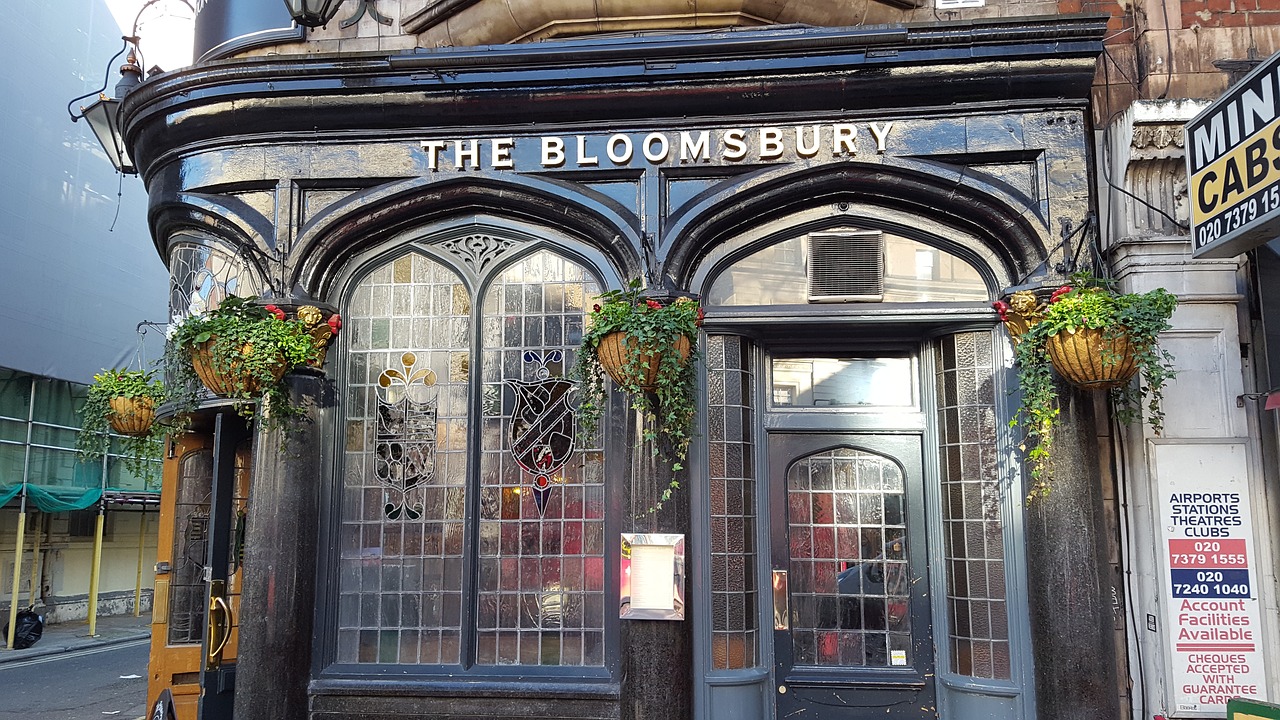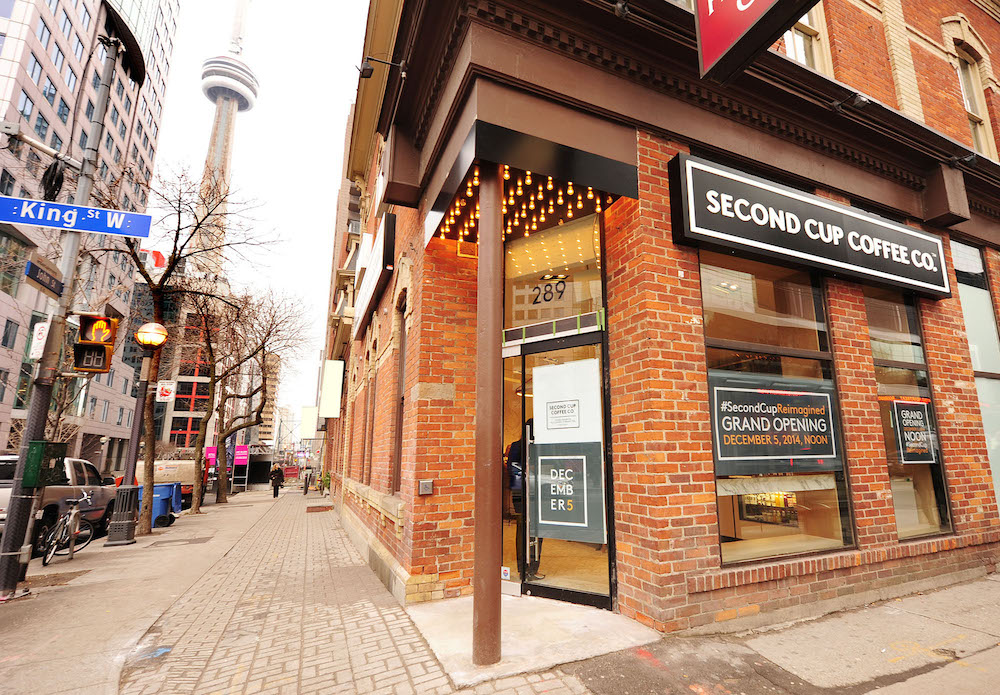While the SCA is gearing up for its annual Expo in Seattle, the 121st International Coffee Council ran from April 9-13 in Mexico City. The convening of the governing body of the International Coffee Organization marked two firsts this year, according to Global Coffee Report: First time convening in Mexico; and its first meeting since the US announced its withdrawal from the International Coffee Agreement:
Along with dissemination workshops to share solutions to fight the devastating impact of coffee leaf rust, and to assess the health benefits of coffee consumption, delegates will discuss the challenges affecting the coffee sector in Central American countries and Mexico, as well as exciting developments to support the sustainable development of the coffee sector, including new avenues for funding projects and mobilizing impact investment through collaborative initiatives with Governments, international organizations and financial institutions, as well as the private sector. Delegates will also receive the latest statistics and analysis on the international coffee market, including reports on coffee trade flows and the increasing role of women in the production, supply and demand of coffee.
Trans women, too, play an important role in the coffee supply chain, which was examined in a National Geographic piece published this week. While it’s never easy to be a trans woman anywhere, it can be particularly difficult among the socially conservative indigenous communities of Colombian coffeelands, and yet on plantations in the western Colombian mountains of Eje Cafetero, some indigenous Colombian trans women find not only work, but community and emotional safe haven:
Since these women are transgender, they aren’t accepted back home in their own communities. They’re often punished or forced to leave their villages, even if they have families and children. But on these coffee farms, the women say they feel like they’re recognized for who they are.
Vivid coffee photography also came this week from Bloomberg, which highlighted what’s shaping up to be a good year for “higher-quality” production in Brazil with a photo essay:
For Brazil, the world’s largest grower and exporter of highly prized arabica beans, cornering the market for super-premium coffee has been key to the industry’s success. The new crop, for which harvesting will begin in May, could be the largest ever produced.
As for aesthetics at the other end of the supply chain, Wallpaper provided a photographic tour of Blue Bottle’s new cafe in Kyoto, the company’s first Japanese location outside of Tokyo:
Blue Bottle’s new presence is an elegant fusion of the building’s past and the brand’s modern culture. Save for a few glimpses of the company’s logo, the café’s mostly-wood interior stoically keeps in line with the building’s ethos. Exposed patches in the building’s walls and the preservation of intricately carved beams and wooden pillars all pay tribute to the structure’s heritage.
With shops being built that are this beautiful, it’s easy to see why, according to research conducted for the London Coffee Festival and reported in the Daily Mail, coffee shops will soon outnumber pubs in the UK:
The number of coffee shops in Britain is set to overtake pubs by the year 2030, according to industry research.
Some three coffee shops are opening every day adding an extra 21 a week serving up lattes and cappuccinos.
By contrast between 21 and 25 pubs are closing every week, with many turned into homes and convenience stores.
Although that tide may recede a bit if one particular cafe opening in Bangkok, Thailand, sparks a trend. The new shop, called Kid Mai Death Awareness Cafe, is “death-themed,” designed to inspire reflection upon mortality with death-related drink names and a white coffin in the center of the shop, in which staff will seal patrons upon request:
A professor and social researcher, Veeranut Rojanaprapa conceived of the cafe as a way to teach Thai people — some 90 percent of whom identify as Buddhist — about the benefits of “death awareness”.
“We found that having an awareness of death decreases greed and anger,” explained Veeranut, whose giggly demeanour belies his fascination with more morbid matters.
He believes the Buddhist concept, rooted in ideas of impermanence and selflessness, is the key to ridding Thai society of chronic problems like violence and corruption.
Mortality is also a factor at the root of another industry trend sweeping the UK these days: the death of disposable cups. The latest salvo in this battle comes by way of supermarket chain Waitrose, which is ditching all paper cups — typically provided to contain the free coffee offered to the store’s loyalty members — and asking shoppers to bring their own reusable vessel:
As myWaitrose members you will continue to have the option to enjoy a free tea or coffee from your shop’s self-serve machine as a thank you for shopping with us. But in the coming weeks we will be asking you to bring in your own reusable cup, rather than being offered a disposable coffee cup when you go through the checkout.
While paper cups are an unnecessary waste generated by the coffee industry, the fruit sloughed from the seed of a coffee cherry has long been a necessary one on the production end. Coffee Flour takes that discarded material — which is often otherwise converted to fertilizer — to make a flour product that works with baked goods while offering extra nutritional value, according to the company. This week the company announced that Tom Clemente, whose executive background includes stints with Starbucks and Coffee Bean & Tea Leaf, has joined the company as CEO in its push for national and global growth:
Dan Belliveau, the inventor and founder of Coffee Flour, remains on the board of directors and on the executive team in an advisory capacity. Clemente will report directly to the board of directors and oversee the additional members of the executive team, including Michael Keneipp (COO and CIO) and Carole Widmayer (VP of marketing and sales).
Canadian coffee chain Second Cup Coffee Co. might consider offering some coffee flour brownies for munchies-afflicted patrons of its latest endeavor: Pot shops. CBC News has reported that the coffee company is partnering with National Access Cannabis Corp. to open a network of NAC-branded recreational weed dispensaries across the country:
It’s possible that certain current Second Cup coffee shops would be converted into cannabis stores.
“We’ll look to work with Second Cup to license select storefronts, utilizing our proven business model to deliver secure, safe and responsible access,” NAC’s CEO Mark Goliger said.
…Shares in both companies soared on the news, with Second Cup up by about 30 per cent and NAC shares up by about 10 per cent.
Howard Bryman
Howard Bryman is the associate editor of Daily Coffee News by Roast Magazine. He is based in Portland, Oregon.












Comment